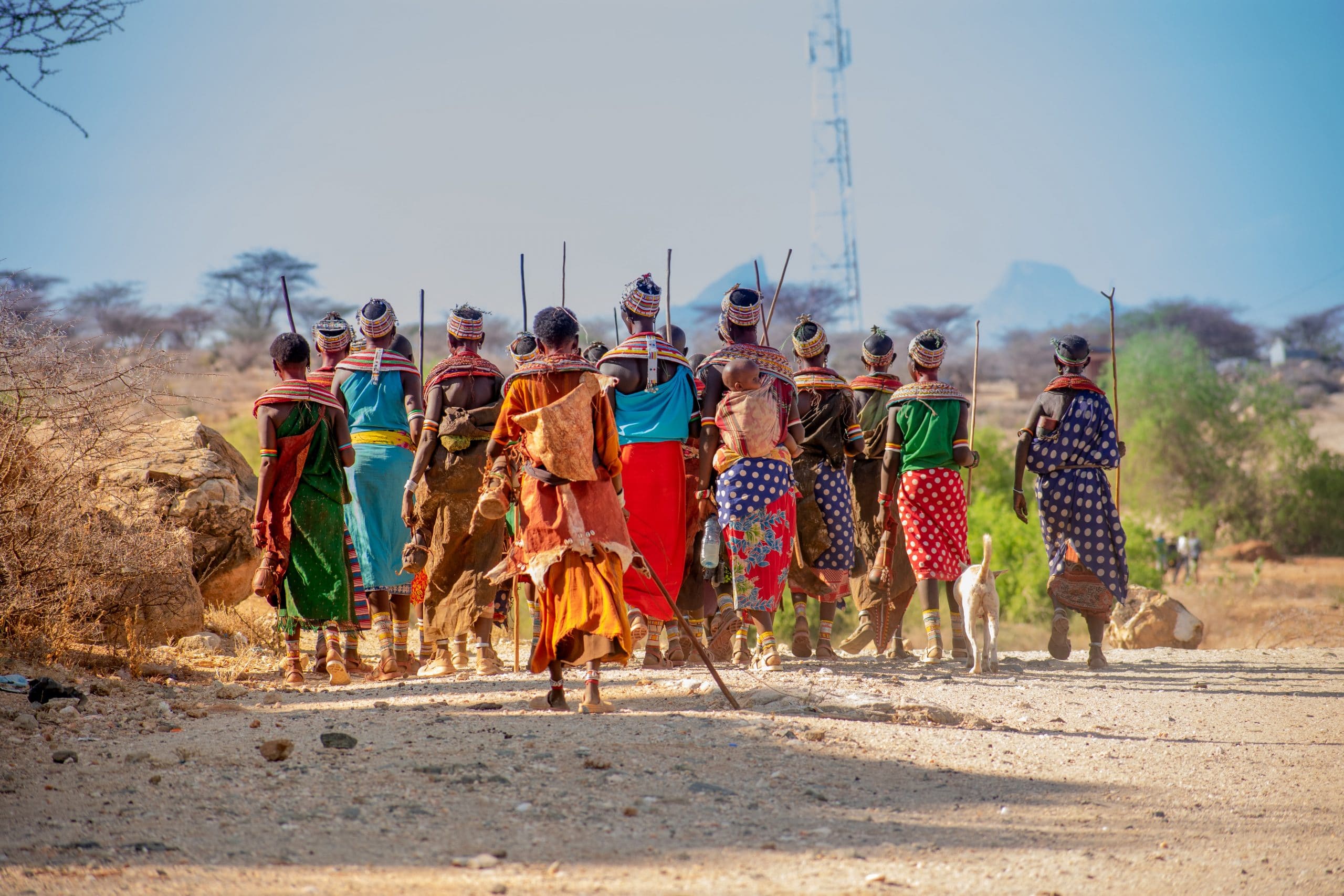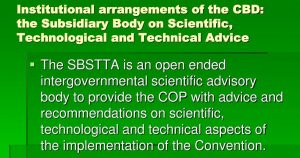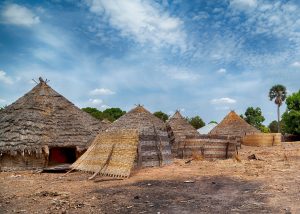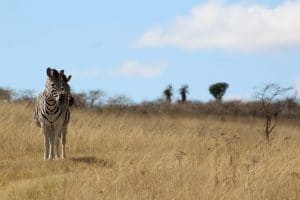Hand-to-Mouth Options for Rural Communities do not Guarantee Long-term Conservation of Biodiversity
By Emmanuel Siakilo and Taye Teferi, African CSOs Biodiversity Alliance
Legal sustainable wildlife use and trade enhances the survival of traditional knowledge and culture and returns equitable benefits from nature conservation to local communities. When empowered, community benefits derived from sustainably traded wildlife products can catalyse investments in nature conservation, law enforcement and long-term stewardship of biodiversity.
One reason for the failure to achieve most of the Aichi Biodiversity Targets is considered to be an absence of ownership and ‘resource-custodianship’ by Indigenous Peoples and Local Communities through the effective implementation of legal and sustainable use programmes that would have created positive incentives for long-term conservation of biodiversity.
The wording of Target 5 of Draft 1 of the post 2020 Global Biodiversity Framework directly addresses this need to have a simple and yet directly worded target to address legal and sustainable use, with the added requirement that it has to be safe for humans to prevent any potential risk of pathogen spill-over. While this initial wording of the target directly addresses an important objective of the Convention, there is a continuing push by the ‘anti-use group’ to re-word the target and shift its focus away from sustainable and legal use towards a protectionist approach that relegates the issue of sustainable use to secondary consideration. Effectively reference to ‘customary use’ condemns rural communities to a ‘hand-to-mouth’ subsistence survival mode.
This shift is disingenuous and inappropriate because it deflects the focus from the objective of the Convention that has remained overlooked to date and besides being pivotal to GBF. Legal, sustainable, and safe use and trade in biodiversity is a sovereign right. It is what binds local communities to the environment they live in and incentivizes them to work towards long-term conservation and resource custodianship. The insertion of language that dilutes and/or re-directs the focus of the target away from the primary objective of the Convention, should be rejected
This article originally appeared in Eco 22, a publication of The CBD Alliance, which is a network of civil society organizations who have a common interest in the Convention on Biological Diversity. Find out more about The CBD Alliance here.
Image source: Ken Kahiri-unsplash



